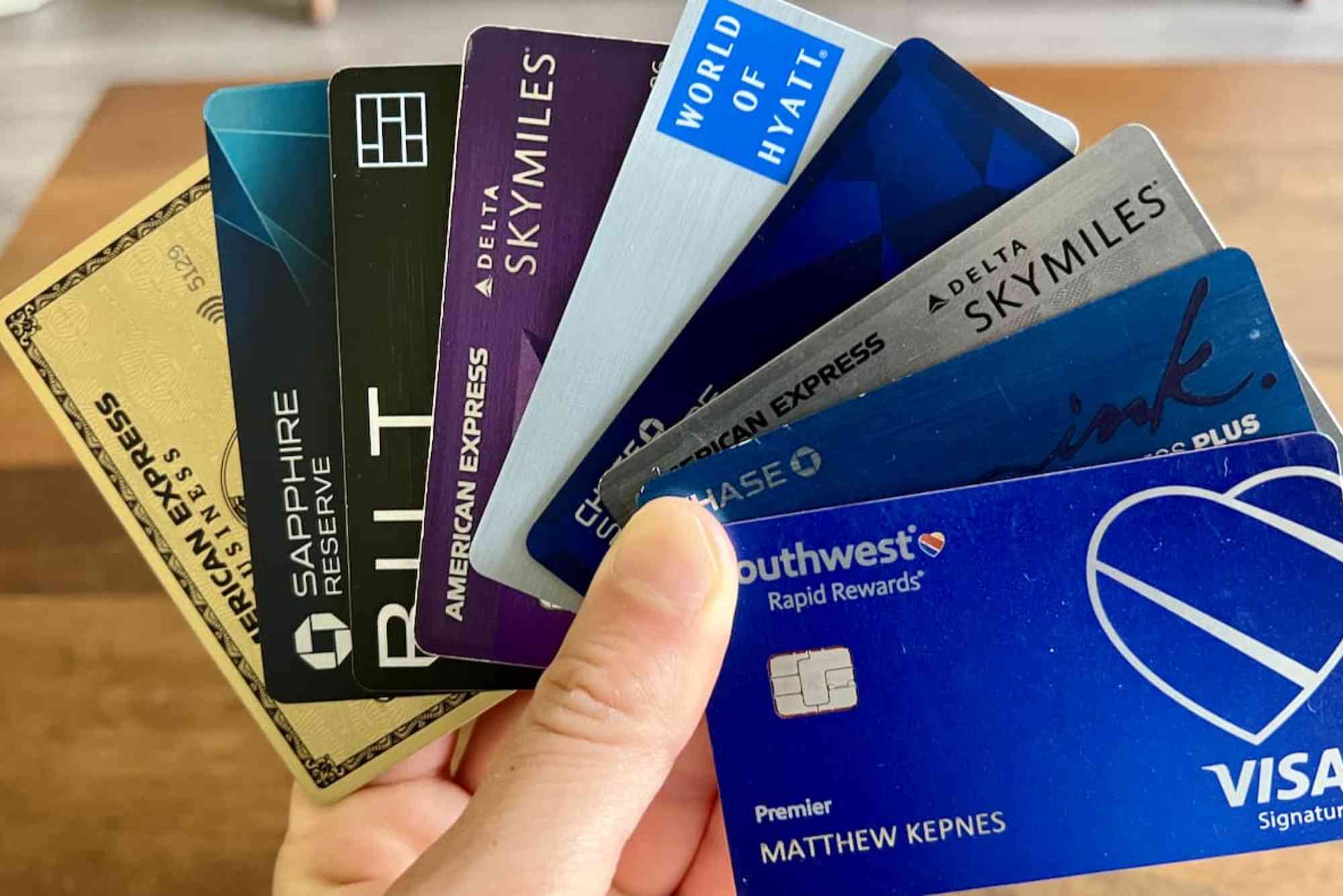The freelance economy is thriving globally, and Pakistan is no exception. With over 1.5 million freelancers contributing to the digital economy, the country now ranks among the top five freelancing markets worldwide. Initiatives like the Special Technology Zones Authority (STZA) and Ignite National Technology Fund have created opportunities for youth to enter the global digital workforce.
In this guide, we’ll explore proven strategies, expert insights, and government-backed programs to help you grow your freelancing career in Pakistan. Whether you’re a beginner or an experienced professional, these tips will equip you to succeed in a competitive online marketplace.
Building Skills for Freelancing Success
Quick Answer: Focus on in-demand digital skills and continuously update them.
Skill-building is the foundation of freelancing. Platforms like Upwork, Fiverr, and LinkedIn increasingly favor freelancers with specialized expertise. According to a 2024 Ignite report, Pakistani freelancers in areas like web development, digital marketing, and content writing saw a 35% growth in earnings compared to 2022.
Examples of high-demand skills:
-
Graphic Design and UI/UX
-
SEO and Digital Marketing
-
Programming (Python, JavaScript, PHP)
-
Content Creation and Copywriting
-
Virtual Assistance and Admin Support
Leveraging Government Initiatives
Quick Answer: Tap into training programs and digital infrastructure provided by the government.
Pakistan’s government is actively investing in its digital economy. The DigiSkills Training Program has already trained more than 3 million youth in freelancing. Similarly, the STZA is establishing special tech zones in cities like Lahore, Islamabad, and Karachi to foster IT growth.
These initiatives provide affordable internet access, co-working spaces, and mentorship programs, making it easier for freelancers to work efficiently.
Choosing the Right Freelancing Platforms
Quick Answer: Select platforms aligned with your expertise and target market.
Not every freelancing platform works for everyone. For instance:
-
Upwork: Best for professionals with strong portfolios.
-
Fiverr: Great for creative gigs and beginners.
-
Toptal: Exclusive for top developers and finance experts.
-
Freelancer.com: Ideal for competitive bidding.
Pro Tip: Don’t rely on a single platform. Diversify your presence to reach global clients.
Networking and Building Client Relationships
Quick Answer: Strong relationships lead to repeat projects and referrals.
Freelancers who focus only on one-time projects often struggle with income consistency. Building relationships ensures steady work.
Ways to strengthen client trust:
-
Deliver before deadlines
-
Provide regular progress updates
-
Offer value beyond the initial project
-
Personalize your communication
According to UAE-based case studies, freelancers who maintain ongoing client relationships earn up to 40% more annually than those chasing one-off gigs.
Managing Finances as a Freelancer
Quick Answer: Track your income, expenses, and taxes from day one.
Financial discipline is critical in freelancing. Many Pakistani freelancers overlook this aspect, leading to instability.
Best practices:
-
Open a dedicated bank account for freelancing
-
Use digital tools like Payoneer or Wise for payments
-
Maintain a savings buffer for slow months
-
Stay updated with FBR tax policies for freelancers
Overcoming Challenges in Freelancing
Quick Answer: Address common issues like unreliable internet and payment delays.
Challenges freelancers face in Pakistan include:
-
Unstable electricity and internet
-
High competition on platforms
-
Limited access to international payment gateways
Solutions:
-
Use co-working hubs supported by STZA
-
Build niche expertise to stand out
-
Explore alternate gateways like Payoneer and bank transfers
The Role of Community and Mentorship
Quick Answer: Join communities for knowledge-sharing and support.
Local freelancing communities in Lahore, Karachi, and Islamabad provide mentorship, workshops, and networking opportunities. For example, Ignite’s National Incubation Centers (NICs) connect freelancers with mentors and global clients.
Being part of a community also boosts motivation and reduces isolation, which is common in freelancing.
Exploring Regional Opportunities
Quick Answer: Emerging IT hubs across Pakistan offer new freelancing prospects.
Cities like Multan, Bahawalpur, and Rahim Yar Khan are gaining attention as emerging IT hubs. One of the fastest-growing initiatives is freelancing in Pakistan, which highlights how secondary cities can leverage technology for global opportunities.
In particular, projects like Dhanote IT Park are bridging the urban-rural gap by providing co-working spaces, training, and access to high-speed internet for freelancers outside major cities.
Building a Personal Brand as a Freelancer
Quick Answer: Create a strong online presence to stand out.
A well-established personal brand builds credibility and trust. Freelancers who actively share their expertise online are more likely to attract high-paying clients.
Tips for personal branding:
-
Build a professional LinkedIn profile
-
Share portfolio work on Behance or Dribbble
-
Write blogs showcasing your expertise
-
Collect testimonials and display them prominently
Future of Freelancing in Pakistan
Quick Answer: The next decade promises exponential growth for freelancers.
With Pakistan’s digital exports expected to surpass $5 billion by 2027, freelancing will remain central to the economy. Artificial Intelligence (AI), blockchain, and cloud computing are emerging fields where Pakistani freelancers can establish global authority.
As Ignite’s CEO recently stated: “Pakistan’s youth are not just service providers but potential global leaders in digital innovation.”
FAQs
Q1: Is freelancing in Pakistan a sustainable career option?
Yes, with growing government support, skill development programs, and global demand, freelancing can be a long-term career.
Q2: Which freelancing platform is best for beginners in Pakistan?
Fiverr and Freelancer.com are ideal starting points for beginners due to lower entry barriers.
Q3: Do freelancers in Pakistan need to pay taxes?
Yes, freelancers must pay taxes under FBR guidelines. However, incentives and exemptions may apply for IT exports.
Q4: How do freelancers in Pakistan receive international payments?
They use platforms like Payoneer, Wise, and bank transfers. Many freelancers also rely on remittance-friendly banks.
Q5: What challenges do Pakistani freelancers face compared to UAE freelancers?
Pakistani freelancers often deal with infrastructure gaps, while UAE freelancers enjoy advanced facilities. However, Pakistani freelancers have cost advantages.
Q6: What are the most profitable freelancing skills in Pakistan?
Web development, digital marketing, and AI-related services currently yield the highest demand.
Q7: Can rural freelancers in Pakistan succeed?
Yes, initiatives like STZA zones and Dhanote IT Park are enabling rural youth to access freelancing opportunities.
Final Thought
As someone deeply familiar with Pakistan’s growing digital economy, I believe freelancing is more than just a side hustle—it’s a Transformative career path. From Lahore’s bustling IT corridors to smaller towns like Dhanote, freelancers are reshaping their futures through technology. The key lies in continuous skill development, leveraging government programs, and staying connected with communities.
Having observed similar initiatives in the UAE, I see Pakistan’s freelancing ecosystem heading toward rapid growth if supported by infrastructure and mentorship. With dedication, adaptability, and the right strategies, every freelancer in Pakistan can thrive in the global digital economy.










